Top 9 Sri Lanka Culture, Customs and Etiquette
Should you remove your shoes when visiting friends? Should you greet those on elevators with a smile? When thinking about the dos and don'ts in your own ... read more...nation, these questions might not seem like the most obvious ones, but things that you might not even consider at home can have a major impact abroad. Here is a list of Sri Lanka's Culture, Customs and Etiquette.
-
The two primary religions in Sri Lanka are Buddhism and Hinduism, both of which have a significant impact on the country's politics, culture, and social life. Generally speaking, Buddhists hold that everyone has multiple reincarnations. Until they achieve what is known as "Nirvana," they should endeavor to improve their behaviour in each existence as they learn from each experience.
Buddhists pledge five things: 1. To not inflict injury or death upon any living thing. 2. Abstaining from stealing and taking things that are not freely provided. 3. To restrain arousal. 4. Avoid telling lies. 5. Abstain from alcohol and illegal substances. Samsara, or the idea that one's deeds in this life affect one's standing in the afterlife, and "dharma," are two of Hinduism's core doctrines (caste or social class).
Hinduism contains a variety of gods, including Ganesh, Shiva, Vishnu, Parvatand Kali, who are all manifestations of Brahman (the eternal source of everything). Both a direct and an indirect effect of religion on business. The widespread belief that a greater power is in charge, or fatalism, is what predominates. People will therefore consult religion when making decisions, etc.
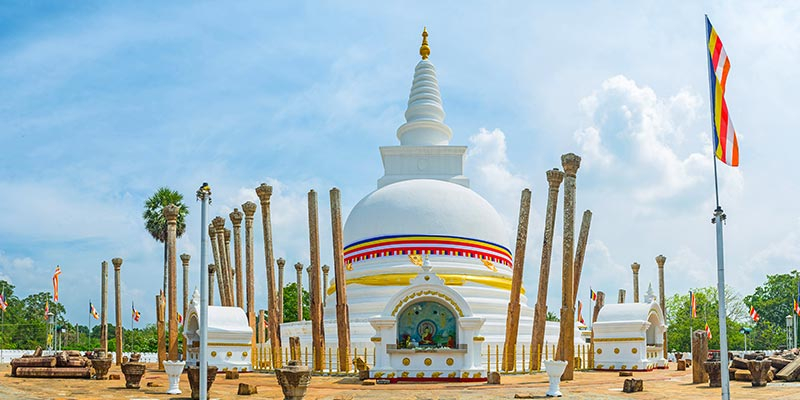
https://www.inspiresport.com 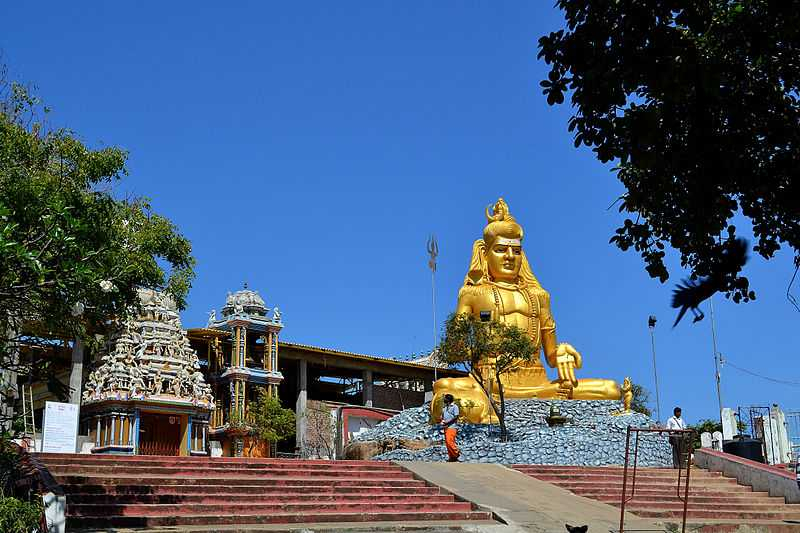
https://www.holidify.com/ -
While you won't be required to be aware of these variations as a foreigner, typical greetings vary depending on the ethnic group that a person belongs to. The following list summarizes the prevalent greetings in Sri Lanka: The "namaste" is used by Sri Lankans of older generations (palms clasped together as if in prayer at chin level with a slight nod of the head). Tamils would say "vanakkam," whereas Sinhalese may say "ayubowan" (may you be granted a long life). (May you enjoy a long and healthy life)
You might also hear "kuhomadu" (How are you?) in casual contexts. The younger individuals typically extend a handshake. Always wait to see whether a woman extends her hand to you because many Sri Lankan women would avoid making physical contact with a man who is not a member of their family. Always use the right title, followed by the surname, when addressing someone. Wait for the other person to introduce themselves using their first name.
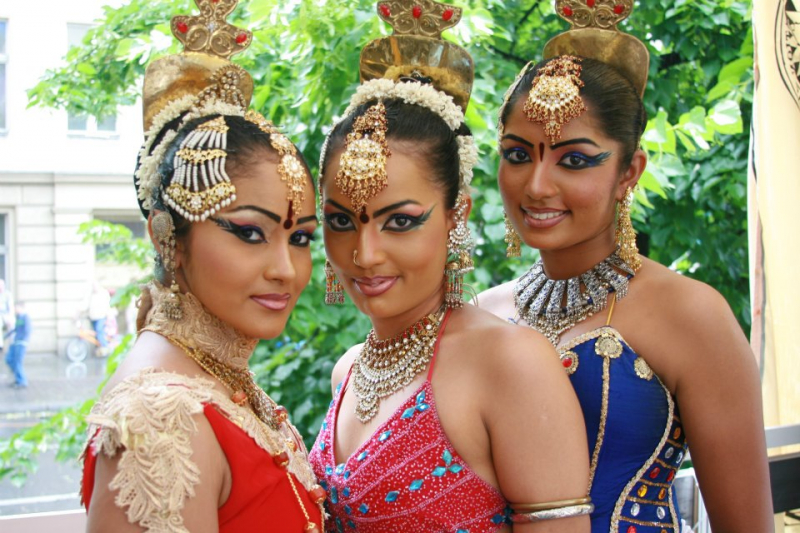
https://tailormadejourney.co.uk 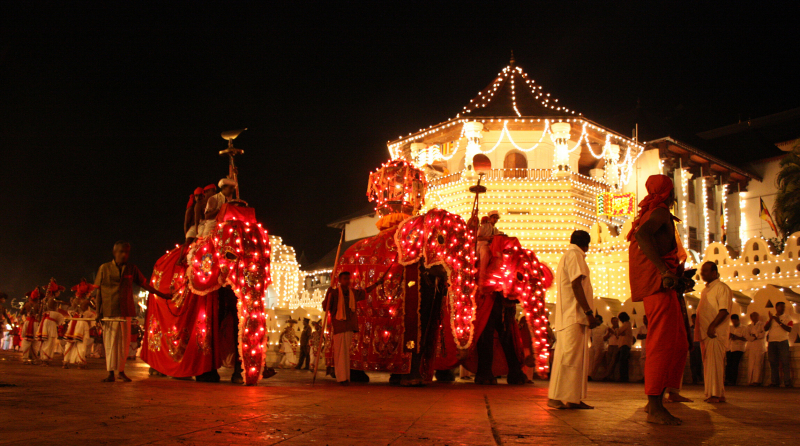
https://blog.travelcenter.uk -
PDAs, such kissing and/or hugging in public, are sometimes frowned upon. PDA is viewed as a private habit in Sri Lanka. It is acceptable for parents and their kids to hold hands and show affection.
Since public nudity is prohibited in Sri Lanka, it's best to avoid engaging in naked or topless sunbathing or skinny dipping outside of exclusive beach resorts. Although tourists are allowed a lot of leeway, it is still considered more courteous to shake someone's hand with your right hand, to hand them money, small objects, etc. Of sure, you can lift something large or heavy with both hands.
In Sri Lanka, public nudity is forbidden. So, if you wanted to skinny dip and sunbathe topless or innards, stick to the resorts with private beaches that permit that (but ask first to avoid embarrassment). Those who identify as LGBTQ should be informed that Sri Lanka still forbids same-sex relationships. Checkpoints for security are typical. You must always have a valid form of government-issued picture identification on you, but keep them hidden from possible pickpockets.
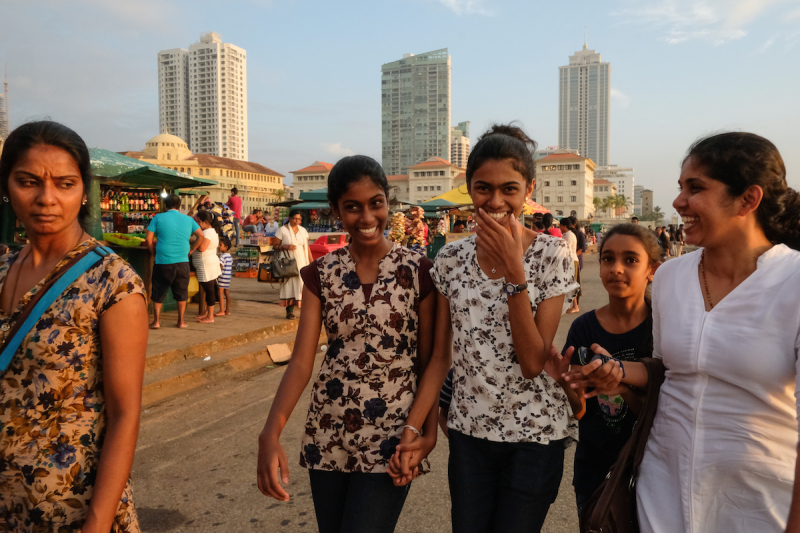
https://planetbell.me/ 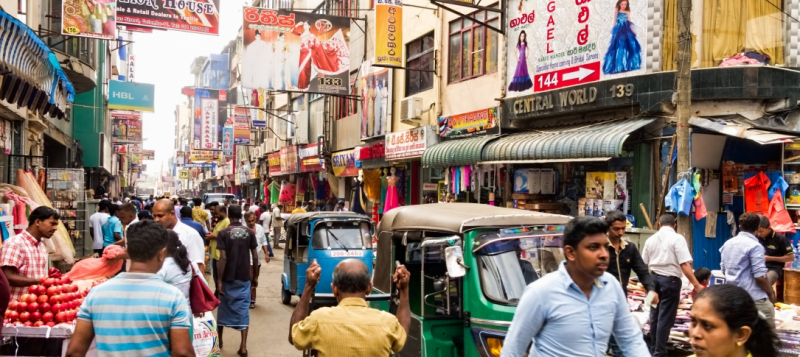
https://internews.org/ -
Gifts are typically given in Sri Lanka on religious holidays and birthdays. Generally speaking, presents are not extravagant or expensive but more symbolic. There will be variations in Sri Lankan etiquette because of the country's ethnic and religious variety, but the following are some common guidelines:
Keep away from flowers; they are a sign of grief. Give alcohol only if you are certain the receiver consumes it. The colors of funerals and mourning are white or black. Avoid alcohol, pig products, and any meat-containing foods if the recipient is Muslim (unless "halal") Leather-based presents should not be presented to Hindus.
Use both hands when giving and receiving gifts. Some Sri Lankans will offer the gift with their right hand while touching their right forearm with their left in an act of graciousness. Gifts are typically not opened right away. Any gift that is given should be returned.
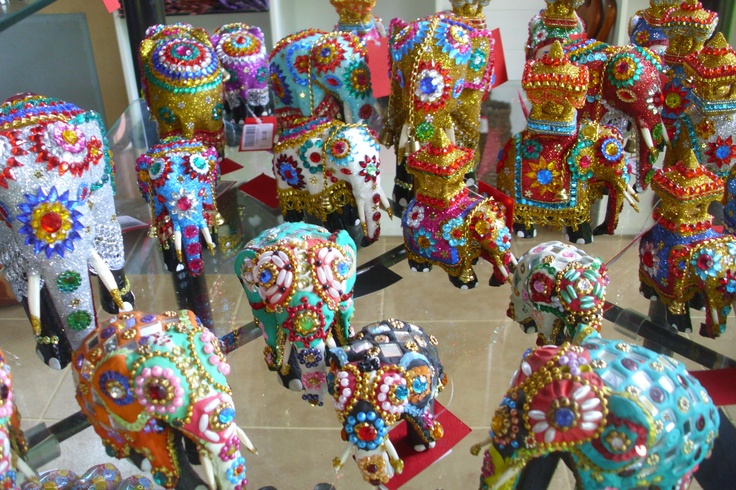
https://www.lanka-deepa.com 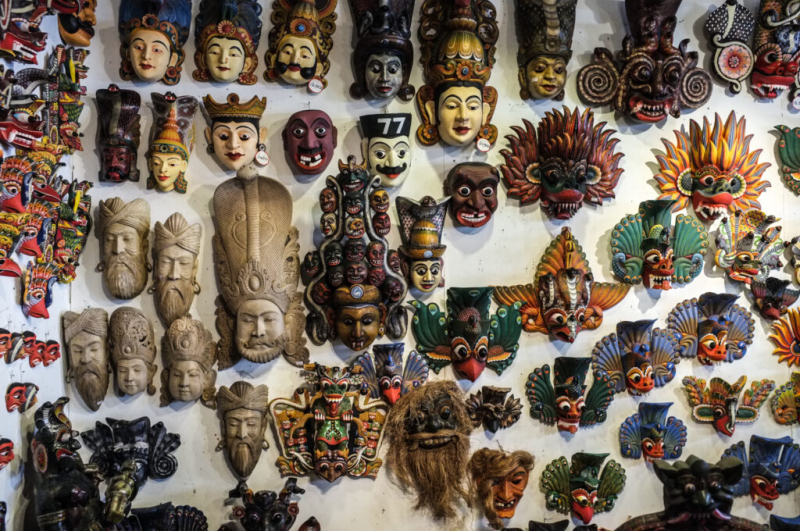
https://www.bluelankatours.com -
Sri Lankans take pleasure in sharing meals with their families and friends. Don't show up hungry if you're asked to a meal at 7 o'clock because you could have to wait awhile for the food to arrive. Await being led to your seat. Frequently, a protocol must be followed.
Before and after sitting down to a meal, you can be asked if you'd like to wash your hands. You ought to accept the offer. You might be required to serve yourself or you might be given food on a plate, depending on the circumstances.
You should remember that don't elbow the table. To eat, use your right hands. To clean your plate, scoop food off with bread or tiny rice balls. To scoop food off your plate, use a piece of bread or a few rice balls. You might be given or offered a second helping. There is no need to consume something if it has already been placed on your plate and you don't want any more.
A small bit of food remaining on your plate signifies that you have consumed all of it. You can tell you're still hungry if you finish your entire meal. After the lunch is finished, plan to leave in less than 30 minutes. The majority of mingling happens before the dinner.
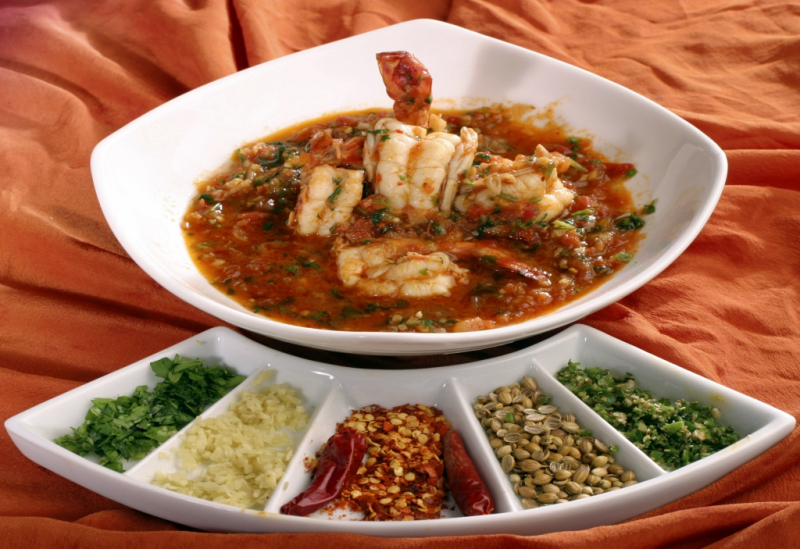
http://yummybook.org/ 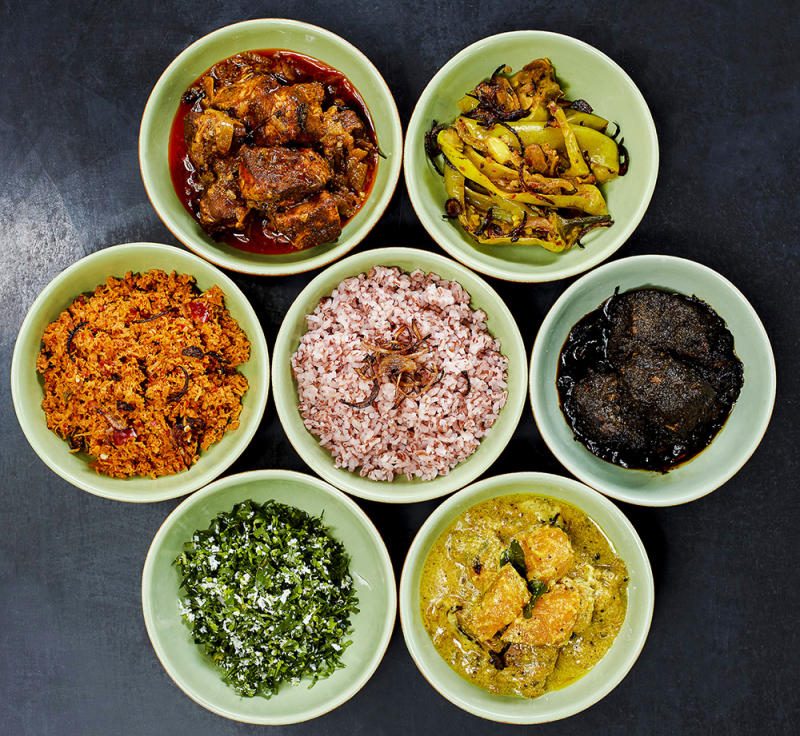
http://www.srilankatailormade.com -
All people who visit Buddhist and Hindu temples should be dressed correctly. This entails removing your shoes and headgear as well as covering your shoulders and legs in Buddhist temples. Beachwear is offensive and not appropriate. If you're unsure about when to remove your shoes and hat in a large temple, just go with the flow and do as the locals do. Finally, keep in mind that when the tropical sun has heated the stone underfoot to oven-like temperatures, walking around temples barefoot can occasionally be more difficult than you might anticipate. However, no one will care if you wear socks.
There are two other traditional Buddhist observances that are only loosely observed in Sri Lanka: the prohibition against pointing your feet at a Buddha image is not as widely observed as it might be in, say, Thailand, though you occasionally see people sitting in front of Buddhas with their legs neatly tucked under them. However, you should never have yourself photographed posing with a Buddha image (that is, with your back to the image). The conventional Buddhist rule that you must only circle dagobas in a clockwise orientation is also not strictly adhered to.
Hindu temples follow the same footwear and attire guidelines, with a few exceptions. Non-Hindus are not allowed in some inner shrines; in others, men must remove their shirts before entering; and sometimes, ladies are completely forbidden.
You may be given a tour of various temples (Buddhist and Hindu) by a resident monk or priest in exchange for a donation. In certain other locations, unauthorized "guides" will occasionally come up and insist on showing you around in exchange for payment. Try not to feel compelled to use unofficial guides unless you genuinely want their services.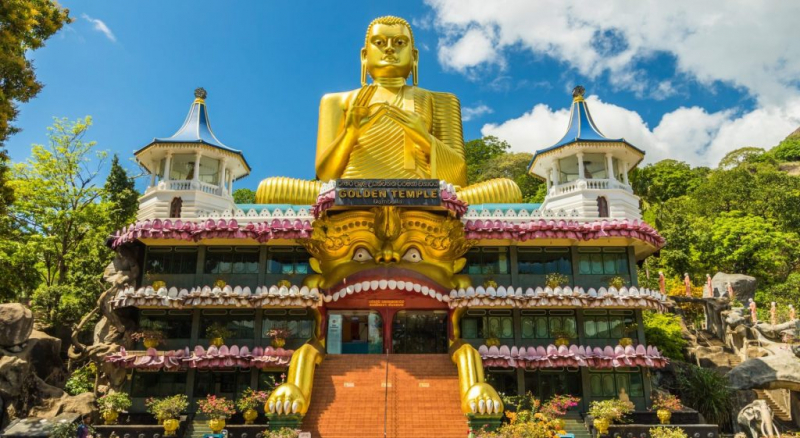
https://mcluxurytravelgroup.com 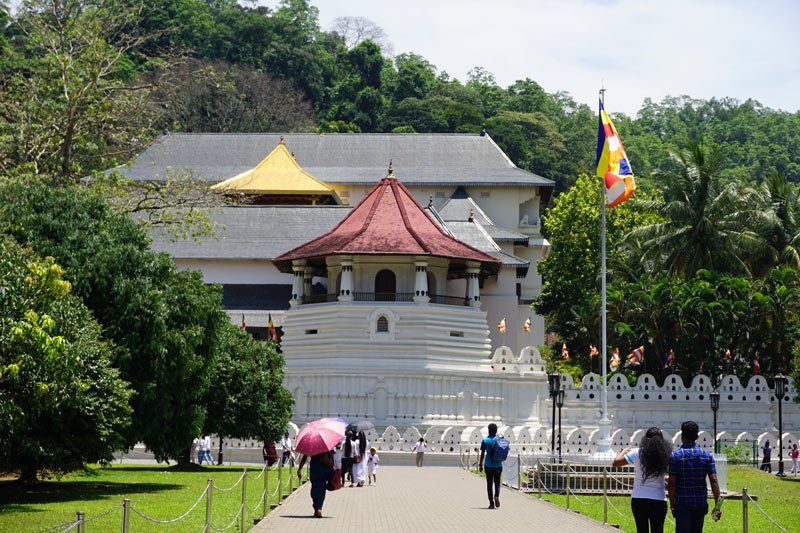
https://sandinmysuitcase.com -
The practice of taking off shoes before entering a home is also common, however it is not as rigidly observed as it is in countries like Japan. Never touch or pat the top of a Buddhist monk's head in Sri Lankan tradition, especially youngsters who attend a temple.
When you are a reasonable distance away from a Buddha statue, do not face it or stand next to it (observe what others are doing). Posing for pictures is a part of this. A statue may be photographed, but everyone must be facing it.
Be considerate of monks. Simply be kind; there is no specific etiquette for Westerners. On a crowded bus, always offer someone a seat (unless you're crippled or very old). Politics, particularly the Sinhalese/Tamil divide or the LTTE, are very contentious topics. Numerous leaders and people on both sides of the conflict were slain in the thousands of attacks that took place around the nation throughout the 26-year civil war, which ended in 2009. These attacks included suicide bombings and mass killings.
Always be conscious of what you are taking pictures of. Always be conscious of what you are taking pictures of. Avoid taking photos inside of tea factories, retail malls, or other sensitive areas, both inside and outdoors (outside is OK). Take extra precautions in Fort, Colombo (except on the beach).
Photographing something that is being protected by military is probably not a good idea. Don't solely rely on signage because occasionally they are outdated or absent. For instance, a bridge might have a "No Photography" sign on one end but not the other.
Despite being socially taboo since it is seen as private behavior, seemingly innocent public shows of affection between lovers, such as kissing and/or hugging, are permitted at events and places geared at adults, such as nightclubs, casinos, and beach parties. Holding hands and showing public affection between parents and their children are not looked upon, and there is a lot of tolerance for foreigners.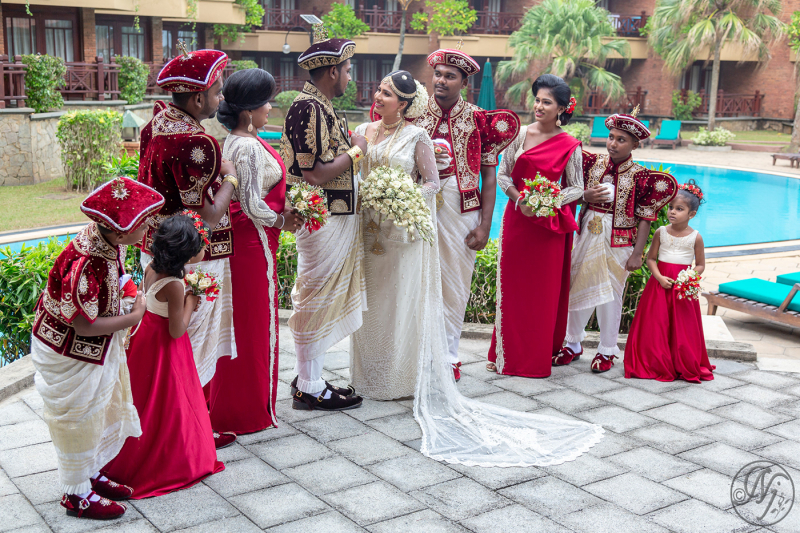
https://www.behance.net/ 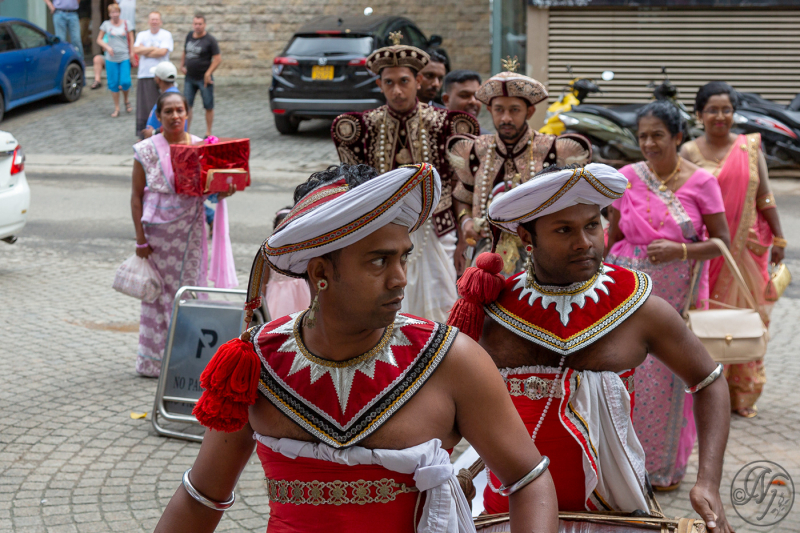
https://www.behance.net/ -
Many etiquette rules are believed to denote disparities in social standing. A key element in defining what constitutes appropriate behavior is gender. Men typically avoid touching women out of respect because they tend to think of them as "holy,"
Buddhist monks are not allowed to touch or sit next to women. It is advisable to transmit an object through another male or keep it in place with a tissue if they must deliver it to a monk. This is typically the case because male monks are not permitted to touch any woman, regardless of age, in order to prevent yearning or attachment.
The right hand or both hands should be used to pass objects. The right hand or both hands should be used to pass objects. Cleaning is generally believed to be the domain of the left hand.
The human head is regarded as having the most significance in the entire body. It is impolite and inconsiderate to touch someone on the top of their head, especially a baby or young toddler.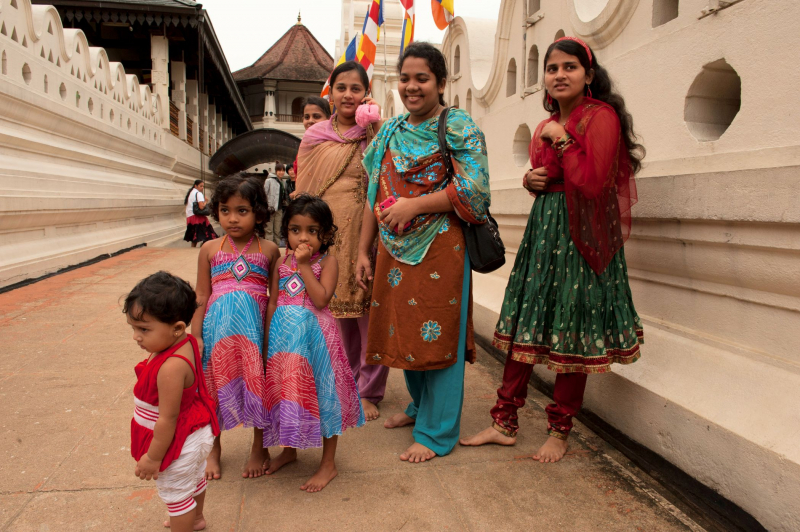
http://deniz.photography/ 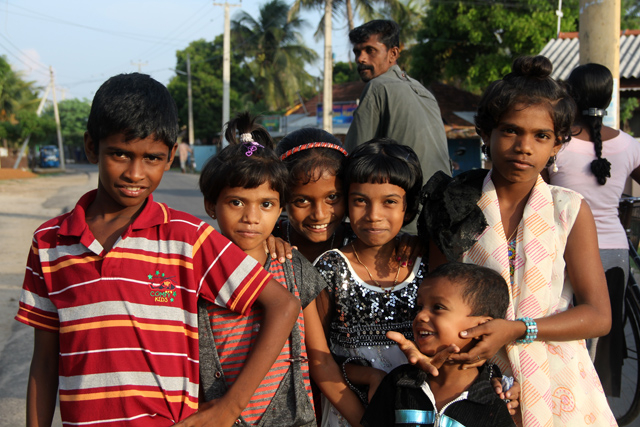
https://gobackpacking.com/ -
Theravada Buddhism is the primary school of Buddhism practiced in Sri Lanka, where the majority of the population identifies as Buddhist. The Tripitaka, the most revered and significant Theravada scripture, was initially composed in Sri Lanka. This incident lends credence to the belief held by certain followers that Sri Lanka is the "chosen land" for Buddhism and could serve as its future stronghold. The "Triple Gem"—the teacher (Buddha), the teaching (dhamma), and the monastic community—is where Sri Lankan Buddhists (and Theravada Buddhists generally) seek shelter (the Sangha).
The Buddha is not regarded as a "God" in the Abrahamic sense according to Theravada Buddhism. Instead, dedication to the Buddha is comparable to a student's regard for a master. Buddhism adherents in Sri Lanka hold regard and adoration for the Buddha to be a fundamental Buddhist precept. The "Four Noble Truths," which uphold the idea that suffering underlies all existence and can be liberated from through the "Eightfold Path," are the central teachings (or "dhamma") of Buddhism. The majority of additional doctrines and practices that have since been included into the Sinhalese interpretation of Theravada Buddhism have been embraced by the Sri Lankan Buddhist laity.
In Sri Lanka, the Sangha is a significant organization. The Sangha is the Buddhist monastic order that consists of ordained monks, nuns, and/or novices. Although Sri Lanka lacks a central Sangha, there are numerous monastic groups there, each with a unique approach to recruiting and discipline. The Sangha are a major force in Sri Lankan society, both historically and currently. For instance, monks practice public philanthropy and play significant roles for the laity in times of need or success.
The Sangha has been influential in Sri Lankan politics as well, representing the interplay between politics, Sinhalese nationalism, and religion. Radical sangha communities, for instance, are opposed to changing the current unitary state structure and including Tamils in national politics. Although some monks and sects have taken part in national politics, monastic organizations rarely come together behind a single cause.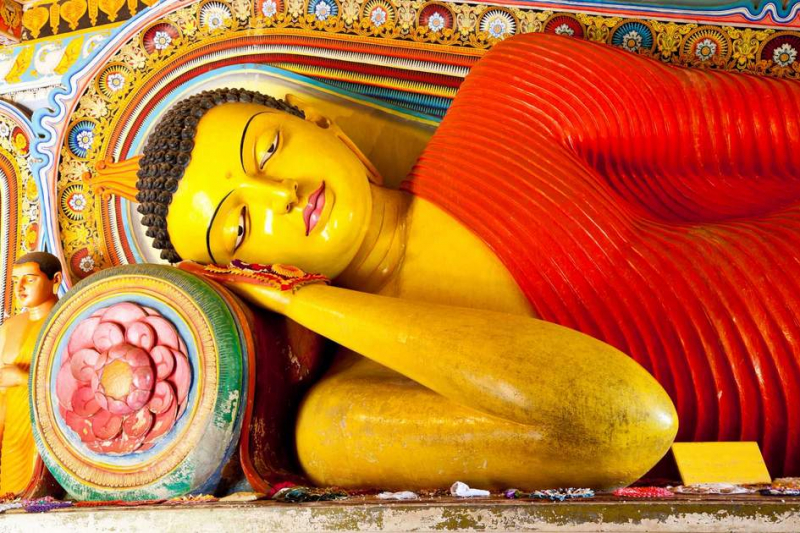
https://www.insightguides.com 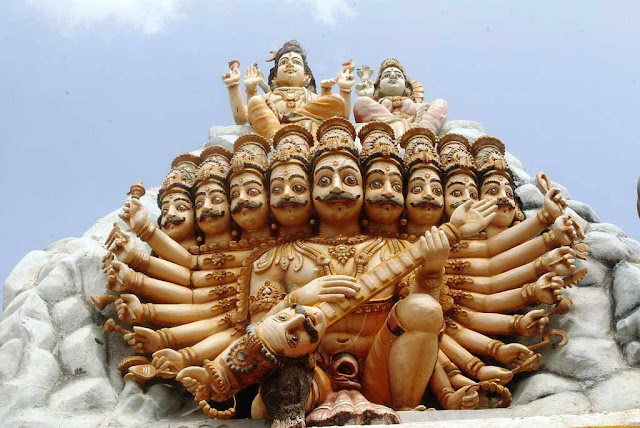
https://discovering-srilanka.blogspot.com






























